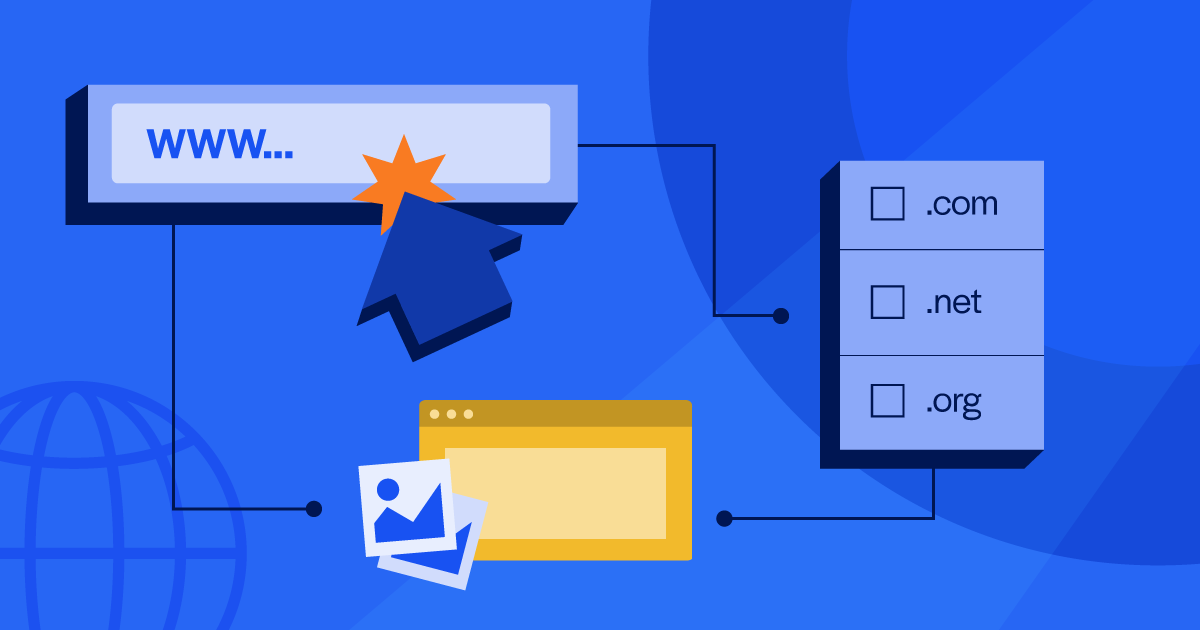An LLC can be beneficial to almost any business, including one that operates exclusively online. An LLC protects your assets in a way that a sole proprietorship simply can’t, and it also provides some other benefits as well, including simplified taxes and a flexible management structure. If you’re starting an online business, here’s what you need to know about what an LLC can do for you, as well as how to start one.
Benefits of an LLC for Your Online Business
If you own an online business and you haven’t registered a formal business entity with the state, you’re a sole proprietor by default. You have no protection if someone sues your business, because all your business assets are intertwined with your personal assets. Legally speaking, you’re the same as your business. But when you form an LLC, you’re forming an entity that’s separate from you as a person. That separation is vital if you end up in court.
Getting sued by a customer or client is always a concern, but that’s not the only way to end up in front of a judge. If your business doesn’t go well, you may need to file for bankruptcy. With an LLC, you’ll avoid having any of your personal assets seized to pay off your debts, at least as long as you didn’t sign any personal guarantees. Some creditors may want you to personally guarantee things like business loans, so proceed with caution if that’s the case. Without an LLC, your personal assets are at stake.
For a small business owner, liability protection is the biggest benefit of an LLC, but there are others as well. We’ll discuss four additional benefits below.
You get taxed as a pass-through entity
Being taxed as a pass-through entity means the business’ profits flow to the business owners or members, which means you don’t have to pay a corporate tax rate. Instead, you report your share of the business’ profits and losses on your personal tax return. This allows you to resume running your online business instead of taking extra time to complete a corporate tax return.
You don’t have to answer to shareholders
An LLC is owned by you and possibly other members. That means you don’t have to issue stocks and answer to shareholders like you would if you ran a corporation. In a corporation, there’s a strict management structure—shareholders appoint a board of directors, who hire officers. With an LLC, there is still a structure – as we’ll discuss in the next section – but it’s less rigid.
LLCs are flexible in how they can be managed
You can choose from a member-managed or manager-managed LLC. In the latter, LLC members hire a manager to be in charge of the LLC’s daily operations. If you don’t want to hire a manager, that’s fine—you can just have a member-managed LLC and take care of things yourself. Either way, you get to pick the structure that makes the most sense for your online business.
Forming an LLC can make your business seem more legitimate to your customers
Online businesses can be harder for customers to vet than brick-and-mortar ones, because with an online business, someone can’t just go down to the store and check things out for themselves. But an LLC shows that you bothered to file the proper paperwork to register your business with the state. It shows you care about making your business a separate entity from yourself. Both of those are good signs for potential customers who are researching your business. Without an LLC, you could be just any random person with a website.
How to Set Up an LLC
There are three basic steps to starting an LLC. We’ll go through them below.
1. Get a Registered Agent
A registered agent is someone designated to receive legal mail on behalf of your business. Registered agents must have a physical address within your state, so you can be your own registered agent if you want. However, registered agents should also be present at the office during normal business hours, so it’s best to hire someone if you’ll barely be in the office during the day.
2. Complete the Articles of Organization
Once you have a registered agent, it’s time to fill out Articles of Organization in your state (though some states refer to them by another name like “Certificate of Organization”). If you don’t yet have a name for your LLC, you’ll need to think of one, since the state will ask for your business’ name.
3. Pay a Filing Fee
Submitting your Articles of Organization isn’t free. You’ll owe a filing fee to the state, though the amount of that fee varies dramatically depending on where you live. Some states also charge different rates for filing an electronic form versus a paper form.
Once the state receives your Articles of Organization, they’ll process the paperwork and notify you that your LLC has officially been formed.
Pro tip: Consider registering your domain name at the same time as your business name. This ensures that your online presence aligns with your newly formed LLC, setting you up for success in the digital realm. Check out our blog for more insights: Should I Form an LLC or Register a Domain First?.
What should I do after I form an LLC for my online business?
First, you’ll need to get an EIN. An EIN stands for Employer Identification Number. Your business must have one in order to pay taxes and hire employees. EINs are issued by the IRS, which allows you to apply for an EIN online.
You’ll also want to write an operating agreement for your LLC. This will be an internal document, not something you have to file with the state. Operating agreements act as a guidebook for how your LLC conducts business. If you own 60 percent of the business and another member owns 40 percent, that information should go in the operating agreement. The operating agreement should also address how profits and losses get allocated, how members can transfer their interests, and even how the LLC can dissolve itself.
Once those things are done, open an LLC bank account and fund it with capital contributions. After that, make sure you’re staying on top of things like federal and state taxes. And if your state requires an annual report, file that on time as well. If you don’t, the state could shut down your business.




